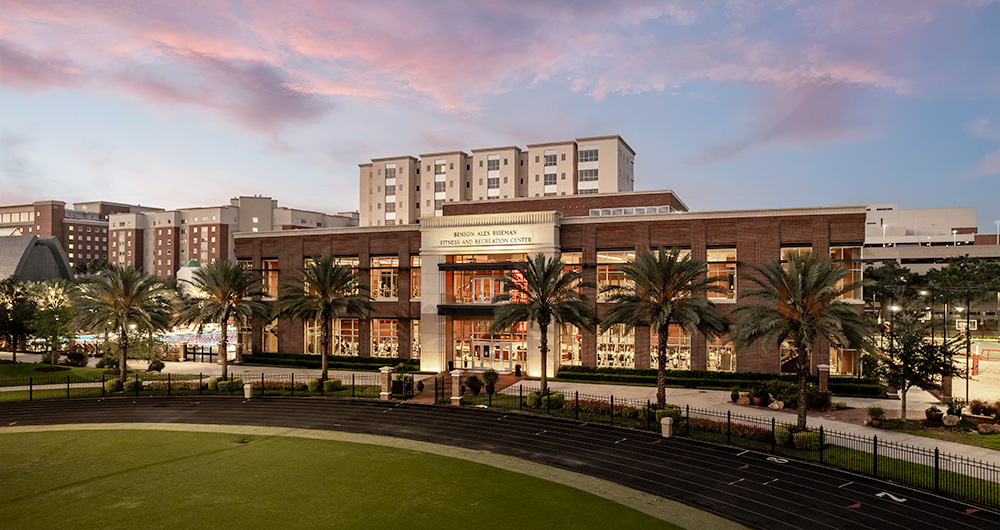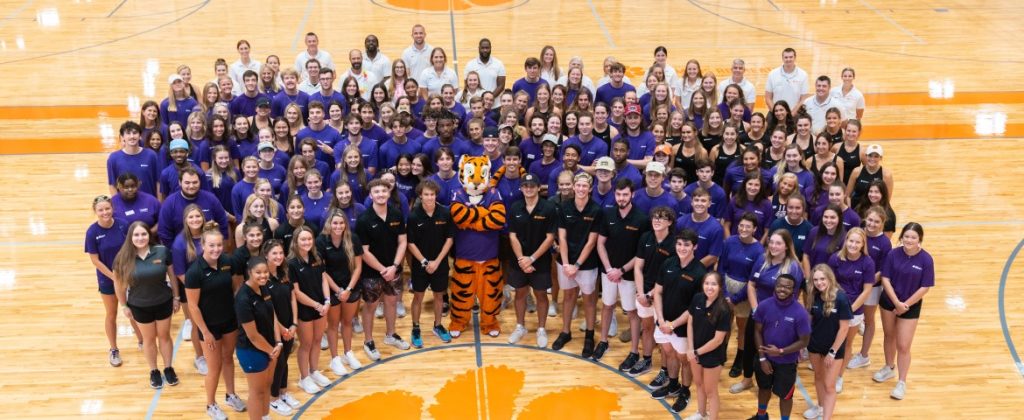JAKARTA, studyinca.ac.id – Campus Recreation offers students a unique blend of social engagement and physical activity, fostering a vibrant campus culture. From state-of-the-art fitness centers to intramural sports leagues, Campus Recreation empowers students to stay active, relieve stress, and build friendships. However, juggling academic responsibilities, social events, and fitness goals can feel overwhelming. In this article, we explore strategies to balance fun and fitness through Campus Recreation without losing your mind—so you can thrive both inside and outside the classroom.
The Importance of Campus Recreation

Physical Health Benefits
Engaging with Campus Recreation facilities and programs helps maintain cardiovascular health, build strength, and improve flexibility. Regular exercise reduces the risk of chronic diseases, boosts immunity, and increases energy levels. Whether you prefer weight training in the campus gym or a yoga session by the quad, prioritizing fitness through Campus Recreation lays a solid foundation for overall well-being.
Mental Well-being
Mental health is as critical as physical health. Campus Recreation activities—from guided meditation workshops to climbing wall challenges—offer stress relief and a natural mood lift. Studies show that consistent exercise releases endorphins, which combat anxiety and depression. Incorporating Campus Recreation into your routine can sharpen focus during exams and foster a positive outlook throughout the semester.
Balancing Fun and Fitness
Time Management Strategies
Striking a healthy balance between study, social life, and exercise hinges on effective time management. Campus Recreation programs often publish weekly schedules for classes, courts, and open-gym hours. Leverage these calendars to slot workouts around lectures and group projects.
Scheduling Workouts
Plan your workouts just like you schedule classes. Block 30–60 minutes in your digital calendar for Campus Recreation activities—whether it’s spin class or lap swimming. Treat these appointments with the same seriousness as a study group or lab session.
Prioritizing Events
Campus life is buzzing with activities: club fairs, movie nights, guest lectures. Use a priority matrix to decide which events enhance your personal or professional growth. Opt for recreation opportunities that align with your goals—join a hiking club if you love the outdoors or try a dance workshop to broaden your social network.
Finding Enjoyable Activities
Fun is the key to sustainability. Campus Recreation is not one-size-fits-all; explore diverse offerings until you find what resonates.
Group Classes and Clubs
From HIIT (High-Intensity Interval Training) to Zumba, group fitness classes build camaraderie and accountability. Clubs—such as ultimate frisbee, rock climbing, or ballroom dance—offer skill development alongside a supportive community. A friendly rival in an intramural soccer match can be more motivating than solitary treadmill sessions.
Intramural Sports
Intramural leagues create a low-pressure environment for competition and fun. Soccer, basketball, volleyball, and flag football often welcome players of all skill levels. Joining an intramural team ensures you stay active and fosters team spirit—an essential component of Campus Recreation’s mission to bring students together.
Overcoming Common Challenges
Staying Motivated
Motivation ebbs and flows. To maintain momentum with Campus Recreation, set SMART goals: Specific, Measurable, Achievable, Relevant, and Time-bound. Celebrate small victories—completing a 5K, mastering a yoga pose, or attending ten consecutive spin classes. Tracking progress through fitness apps or a simple workout journal can rekindle enthusiasm when motivation dips.
Avoiding Burnout
Overcommitting can lead to physical and mental fatigue. Recognize signs of burnout, such as persistent soreness, irritability, or declining academic performance. Listen to your body: incorporate active recovery days—light stretching, casual walks, or restorative yoga offered by Campus Recreation. Rest is integral to progress.
Campus Recreation Resources and Facilities
Gym and Fitness Centers
Most campuses boast modern fitness centers with free weights, cardio machines, and functional training areas. Many Campus Recreation departments offer complimentary orientation sessions to familiarize students with equipment and best practices. Personalized training packages may be available at discounted student rates.
Outdoor Adventure Programs
For adrenaline seekers, Campus Recreation often organizes outdoor adventures—kayaking, rock climbing excursions, or alpine skiing trips. These programs, led by trained staff, provide safe introductions to new sports and foster environmental awareness. Sign-ups fill quickly; monitor registration pages to secure your spot.
Wellness Workshops
Beyond physical activities, Campus Recreation supports holistic health through workshops on nutrition, sleep hygiene, and stress management. Guest speakers—nutritionists, sports psychologists, and student-athletes—share insights and practical tips. Engaging in these workshops amplifies the benefits of exercise and helps maintain long-term wellness.
Success Stories and Tips
Student Testimonials
“Before joining the intramural volleyball team, I struggled to stay active,” says Maya, a junior biology major. “Now, Campus Recreation is my favorite part of the week. I’ve made friends, improved my fitness, and even aced my midterms thanks to better stress management.”
“I used to skip the gym because I felt intimidated,” admits Carlos, a freshman. “The beginner-friendly classes and supportive environment in Campus Recreation gave me the confidence to develop a consistent routine.”
Expert Recommendations
Campus Recreation directors emphasize variety: “Rotate your workouts to prevent plateaus and boredom,” advises Jenna Lee, head of Campus Recreation at State University. “Try mixing cardio, strength, flexibility, and team sports each week.”
Physical therapists recommend proper warm-ups and cool-downs to avoid injury. “Even a five-minute dynamic stretch before you lift or run can make a difference,” notes Dr. Amir Patel, campus health center physiotherapist.
Conclusion
Embracing Campus Recreation doesn’t require perfect balance from day one. By setting realistic goals, exploring diverse activities, and leveraging campus resources, you can weave fitness and fun into your student life seamlessly. Remember to listen to your body, celebrate milestones, and allow for flexibility in your schedule. With these strategies, Campus Recreation becomes not just a pastime, but a cornerstone of your well-being and college experience.
Improve Your Abilities: Explore Our content on Knowledge
Take a Look at Our Latest Article on Academic Departments!

